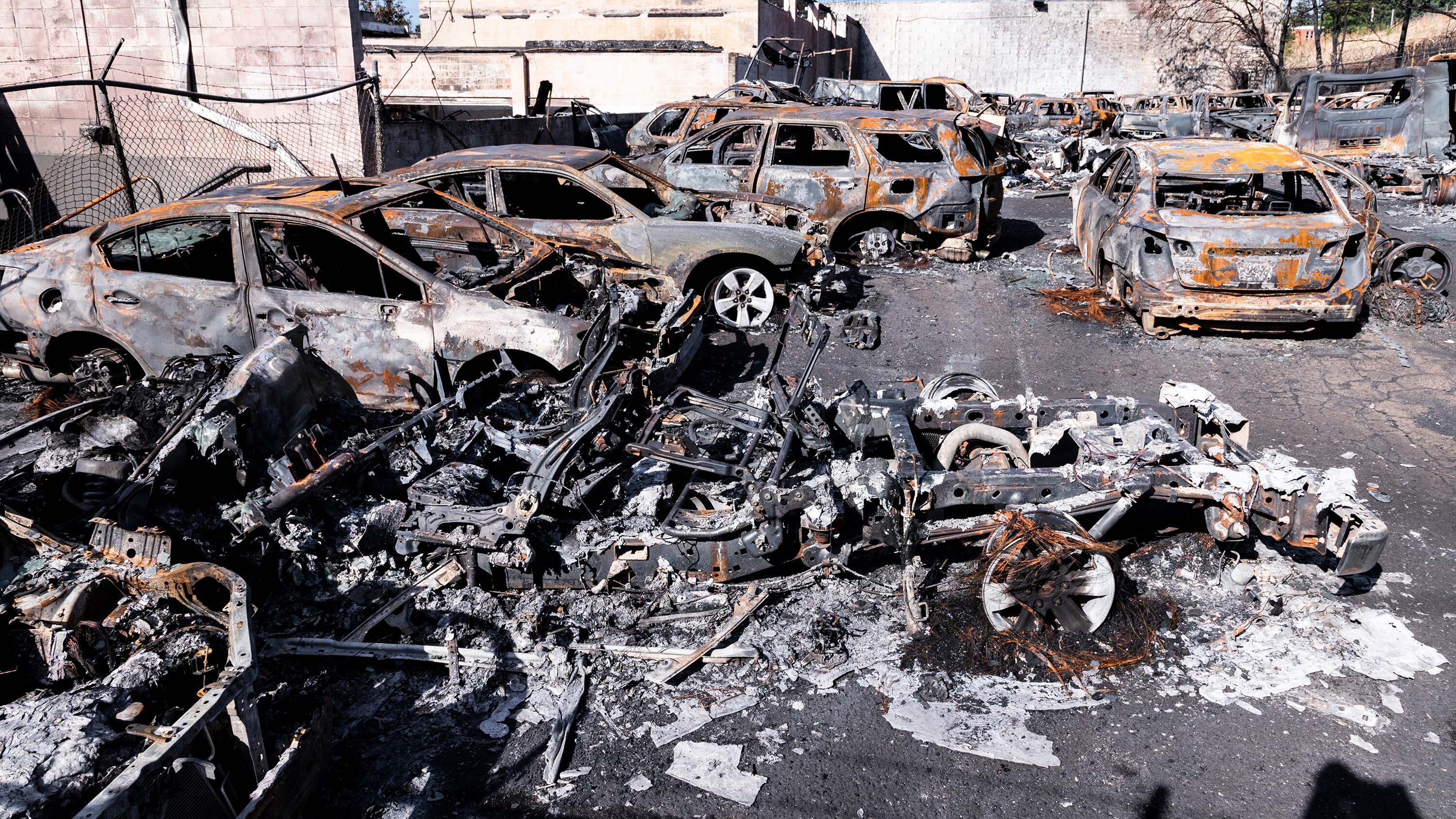On Aug. 26, someone set a fire in a field of tall grass in Northeast Portland. It spread to a nearby car lot, which fueled a four-alarm blaze that destroyed a boxing gym and damaged five homes.
Twelve years ago, that field almost became a Walmart.
The 12.5-acre property is one of the biggest undeveloped land parcels in the city, and the fire rekindled debate about its development.
The field, just east of Northeast 82nd Avenue between Siskiyou and Russell streets, has lain fallow for 20 years. It's served as a battleground between commercial developers who say it's perfect for a big-box store and a neighborhood and city that have staved off corporate interests.
The owner of the land, Mike Hashem, blames City Hall for quashing prospects for a sale. "Any commercial development would be a better investment for them versus an unoccupied 12 acres," says Hashem. "Right now, [the city] could be making a million bucks in property taxes."
But nearby residents say they'd prefer nothing on the site to the wrong thing. "We'd rather have a big brown field than to have the wrong development," says Dave Smith, who chairs the Madison South Neighborhood Association.
In a part of town that has always felt neglected by downtown power brokers and badly in need of economic renewal, this plot of land has remained an empty canvas on which developers and neighbors paint competing visions.
"Having this parcel of land added to the tax rolls benefits our schools and our public institutions," says Multnomah County Commissioner Jessica Vega Pederson, "but the neighborhood is rightfully concerned about what's developed there."

Hashem has owned the land that burned last week since 1997. Prior to Hashem's ownership, the field was a quarry and landfill during construction of Interstate 205, then a golf driving range.
Hashem says he's been trying to sell the plot for about 12 years. His asking price: $7.5 million.
The property is zoned for general employment, allowing a mixed use of industrial, commercial and retail spaces. Hashem originally bought the land for $1.7 million.
Smith, the neighborhood association president, blames the land's history as a landfill and its unstable ground, which poses higher building costs.
Hashem says it's because neighbors and the city have pushed back against developer plans to bring in big-box retail.
The failed deals started in 2007, he says, when a Canadian developer named SmartCentres wanted to buy the land. But when neighbors researched the company and discovered the developer was known for building Walmarts, they quickly aligned with then-City Commissioner Sam Adams to petition against the impending sale.
Adams openly detested Walmart for its labor practices, and repeatedly sought to block its stores from being built in Portland. "This is a company that has my enmity," he told The Oregonian in 2005. "They treat their employees poorly and the communities they go into with total disdain."
Adams didn't respond to a request for comment this week.
Hashem says Adams and the neighborhood "ran off" the Canadian developer—and says residents tended to "get a little too unreasonable with their ideologies."
Since the SmartCentres deal failed 12 years ago, both Smith and Hashem say a few developers have proposed plans to build an "anchor" store surrounded by smaller retailers. But the unstable ground of the former dump is a problem. So is local sentiment.
"If I even say 'Walmart' to the community, it's going to be like throwing a match on gasoline," Smith says.

Hashem says he's indifferent about what gets built on the land. He just wants something. "I don't really care either way," Hashem says, but adds that if the Walmart had been built, "the neighborhood would have a better, safer environment."
The field is surrounded by a Buddhist community center to the east, the burnt-out boxing gym to the south, a mostly vacant shopping center to the north, and a motel. Many of the businesses around the field have shuttered their doors—one significant exception is the Lumberyard, an indoor bike park.
Hashem says the vacant lot inevitably attracts "some undesirables." He pays a security company for 24/7 surveillance of the field. It didn't prevent the arson.
Smith says he climbed onto a roof to get a better look at the damage from the fire.
"It's all charred," he says. "It's down to bare earth now."
